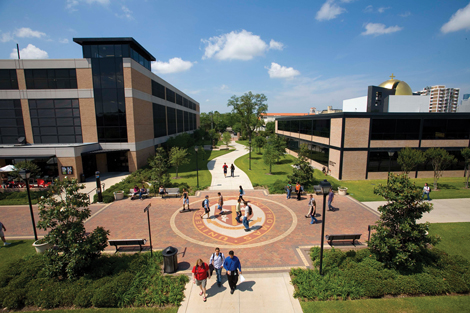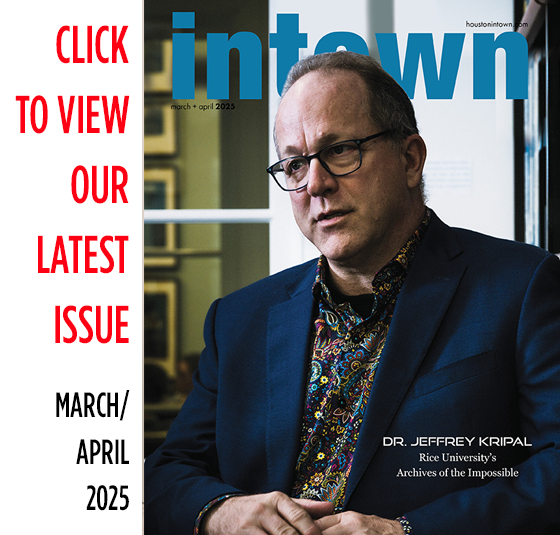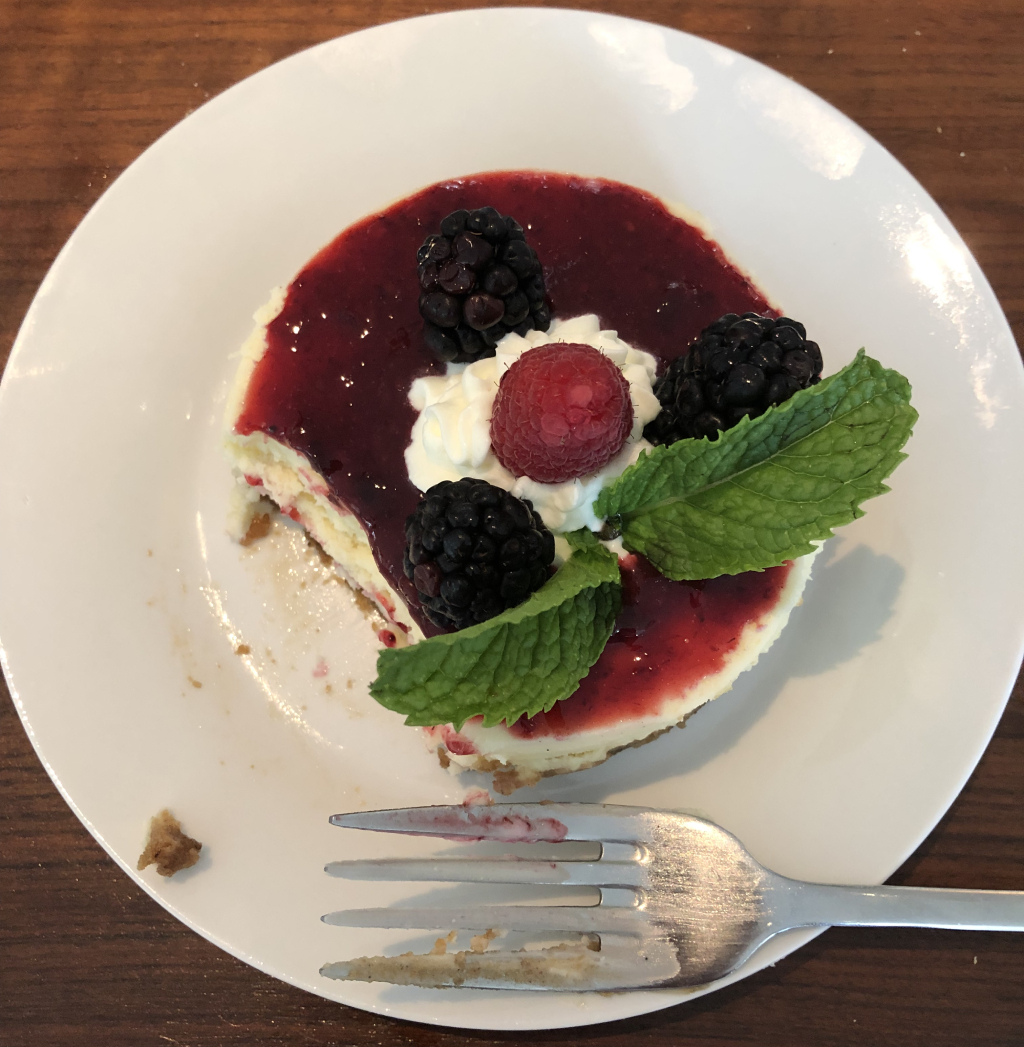
Prior to his retirement with the rank of Major General, he had presided over one of the nation’s most respected institutions for the education of strategic leaders: the U.S. Army War College in Carlisle, PA. There for three years, he instituted programs to develop the next generation of military and civilian leaders from the United States and forty-two foreign countries to meet the challenges of a drastically altered national security environment.
During his various commands as an armored cavalry officer, he led soldiers in the United States, Kuwait, Saudi Arabia, the Federal Republic of Germany and Vietnam where he was wounded in action and decorated for valor.
When not assigned to troop units, he assisted several nations in the transformation of their armed forces. In 1990, Ivany was the first senior military officer invited to Hungary to contribute to the democratization of their defense establishment. He lived in Saudi Arabia and Kuwait with his family, advising military and civilian leaders on the modernization of their military forces following Desert Storm. In Kuwait, he headed the American effort with a team of forty-five advisors managing a $1.2 billion program to improve their education, training and logistics.
Ivany also served in a number of unique positions including the Army Aide to the President of the United States and an assistant professor of history and football coach at the Military Academy at West Point. As the Commanding General of the Military District of Washington, he directed a diverse organization of 5,500 civilian and military employees based on seven installations in three states and the District of Columbia.
After completing his Army service in October, 2003, he joined the faculty of the Graduate School of Business, Columbia University as an adjunct professor in Executive Education. He worked with senior executives in Great Britain, Canada, and the United States in leader development and strategic planning.
Ivany has spoken on the topic of leadership to varied audiences such as the Cleveland City Club, the 2002 Peter F. Drucker Conference for Nonprofit Management, the Union League of Philadelphia, the First Friday Club of Cleveland, the Atlanta Rotary, the Northeast Regional United Way Conference, Quanex Corporation, CenterPoint Energy, Walt Disney Resorts, Houston Junior Achievement and the Houston Partnership Board.
He has been interested in the leadership challenges facing military and civilian leaders for several years. His article, “Soldiers and Legislators: A Common Mission” appeared in Parameters in 1990 and received the General Dwight D. Eisenhower Award for Excellence in Military Writing.
In addition to earning a Bachelor of Science degree from the U.S. Military Academy, he received a Ph.D in History from the University of Wisconsin in Madison.
He is the past president of the Army Football Club, and a former Chairman of the Board of Mental Health America of Greater Houston. Ivany has received the Ellis Island Medal of Freedom, the Humanitarian Medal from the Chapel of the Four Chaplains Association, the Americanism Award from the Daughters of the American Revolution, the George Washington Award for Distinguished Service from the Sons of the American Revolution, the Director’s Award from the United States Secret Service, the Admiral Thomas J. Hamilton Award for Leadership, and together with his spouse, the Aaron and Hur Award from the United States Army Chaplaincy. He was named a distinguished graduate of St. Ignatius High School, Cleveland, Ohio, and has earned numerous military awards.
The Interview:
How did you become involved in the educational field after 34 years in the Army?
There are more similarities between a military career and an academic career than most people realize. In the Army, an officer is always teaching young men and women. Here at St. Thomas we are blessed with outstanding men and women who are eager to learn and to apply that learning in a holistic sense. As I was contemplating retirement, I realized I wanted to continue to be involved with young people and with teaching. After discernment and prayer, the good Lord led me to the University of St. Thomas.
How does St. Thomas compare to other local universities such as Rice and the University of Houston
St Thomas is a Catholic liberal arts university. while we offer many of the same courses as other universities, we have a holistic approach to education that is a based on the Catholic intellectual tradition and welcoming of responsible diverse world views. We believe that education is a dialogue between faith and reason and that impacts how we view education.
What are your biggest challenges at St.Thomas?
At St. Thomas, we are blessed with outstanding students, dedicated faculty and support of alums. Our biggest challenge is to show how the university has not only made a significant impact on the community, but how it intends to make an even greater contribution to the welfare of the Houston community. With the proposed reopening of our school of nursing, the successful implementation of our Masters of Education courses to 16 suburban locations, achieving the highest accreditation rating for our business school and acceptance into the Red River Conference Intercollegiate Sports Programs, we will make an even greater contribution to Houston than we have in the past.
What is the make-up of your student population and what attracts students to your university?
We have 3,520 students 1,627 undergrad 1,893 graduates. Students are attracted to UST for three reasons. One is that we have a welcoming but challenging environment fostered by our founders, the Basilian Fathers. Two is that as a Catholic institution with a strong moral foundation, we appeal to those students from all walks of life who take their education seriously and realize that a higher education is more than just having the means to find employment. They realize everyone only has one opportunity to earn an undergraduate degree. The third is that we offer a holistic education in which we inspire our students to lead their lives as leaders strengthened by a spiritual faith and strength of character.
As a Major in the Army, you were positioned as the Army Aide to President Ronald Reagan. What are some of your fondest memories in that job?
I coordinated military support to the White House, carried the presidential emergency briefcase, or “football” as it was commonly called and functioned as an aide de camp to the commander in chief. My fondest memories are of Ronald Reagan’s leadership ability, his respect for individuals of all positions and background. He treated the gardener in the Rose Garden with the same respect as he treated the Queen of England.
The University of St. Thomas has recently been adding intercollegiate athletics. Why this change?
Intercollegiate athletics can have a very positive impact on university students. I learned a lot on the practice field from teammates from all over the United States and from the joy of winning and the agony of losing. By introducing intercollegiate athletics to St. Thomas, we intend to put athletics into proper context contributing to a young person’s development.
You have recently re- introduced your nursing program. Tell us about that and are there other new programs on the horizon.
We are now awaiting accreditation for our nursing program from the Texas Board of Nursing as well as final approval from our own Board of Directors. Houston, Texas and our whole country need well educated faith based liberal arts prepared nurses. We are very honored by the tremendous response we have received from the people of Houston which has allowed us to endow five chairs of nursing giving us the foundation to begin the program.
Tell us why you joined the army and what is some advice for our young men entering the armed forces today?
I found that young men and women join the military services for many different reasons. But they end up staying for the same reason. They have discovered a rewarding and challenging career in which they take great pride in serving their country and in forging lifelong personal friendships. Three of our four children are presently serving in the United States Army and I would encourage any young man or woman to join the Armed Forces today.
What was the most challenging part of that position and were you there when he was shot?
I was not there when he was shot. I was fortunate that this president had a special regard for the military and for those in uniform, so I enjoyed great cooperation from all elements and staff in the White House.
Tell us about your favorite Army experience.
I was fortunate to enjoy all of my Army experiences during my 34 year career. One of the most memorable was acting as the Army Military Aide to President Ronald Reagan from 1984 to 1986. I was privileged to see, at close hand, the dedication, hard work and integrity of a great man. It was a rare privilege that I will always cherish.
What can you tell us about President Reagan that made him one of the most popular presidents?
President Ronald Reagan was as sincere, gracious and respectful in private as he was in public. I believe the American people understood and valued who he was as an individual, not just as President and Commander in Chief.
What advice do you have for this generation?
I have been fortunate to speak at several high school graduations and I am always impressed by the quality, idealism and sincerity of young people. We have outstanding men and women entering universities throughout the United States. It is our responsibility to give them something to “rally around.” That is, we have the responsibility to provide them with a complete education so that they will value serving their country, their community and their families with faith and character.























